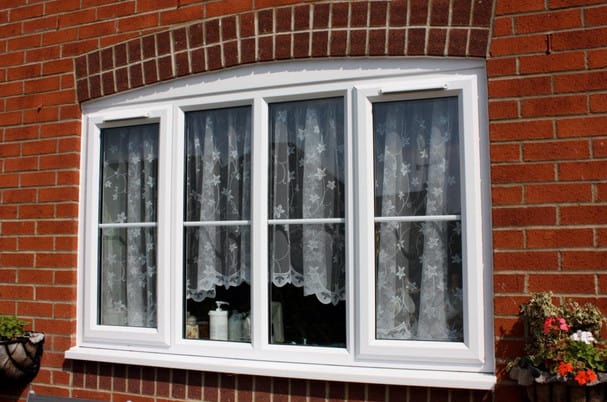All Categories
Featured
Table of Contents
How Double Glazing Can Help Keep Your Home Cool In ... in Wattleup Western Australia
That window can transfer more solar heat in winter than in summer. A west-facing window on a summer season's afternoon has an angle of incidence from near 0 up to 30 with a large efficient location of solar radiation. A north-facing window, in summertime, has a high angle of incidence and a low reliable location of solar radiation, so can transfer less heat than a west-facing one.

You can rapidly and easily enhance the thermal efficiency of your house by replacing your windows. This is among the most effective techniques of renovation to accomplish enhanced thermal convenience. There are thousands of kinds of glass and frames to pick from. Selecting the ideal ones is very important to improving the energy performance of your home.
Faq in Dalkeith Western Australia
Single glazing with clear glass is not very effective when it comes to heat loss or gain. To enhance performance, you can utilize single glazing with a more energy-efficient type of glass such as low emissivity (low-e) glass.
Multiple layers can be put together with sealed cavities between each sheet of glass. IGUs normally provide much better energy performance than single glazing, due to the fact that they transfer less energy. The energy performance of IGUs also depends on: the residential or commercial properties of each layer of glass. Various glass types (for instance, clear and low-e glass) can be created in an IGU.
Single, Double Or Secondary Glazing, Which Is The Best ... in Perth CBD WA

IGU cavities can be filled with air or a more inert, low-conductivity gas such as argon the width of the cavity. Cavity thickness is typically 6 to 18mm. Broader cavities offer lower (much better) U worths, with 12mm usually accepted as the preferred space how well the cavity is sealed. Cavities must be dry and well sealed to prevent moisture getting in.
If argon is installed to the cavity in location of air, moisture is dependably left out the level of desiccant (drying agent). The spacer (metal or polymer strip) that separates the glass layers consists of a desiccant to soak up any wetness. Inadequate desiccant may cause moisture to condense on the glass surface in cold conditions, reducing thermal performance.
Which Double Glazing Company Is The Best? in Parmelia WA
IGUs can deliver much better energy performance for all climates, particularly in heated and air-conditioned houses. Cross-section detail of single, double and triple-glazing systems Low emissivity glass (frequently called low-e glass) reduces heat transfer. Low-e glass might be either high or low transmission: High transmission low-e glass has a finish that permits daylight from the sun to enter the house to accomplish excellent solar heat gain, but lowers the amount of the long wavelength infrared heat that can get away back through the window.
Low-e glass has either a pyrolytic finishing or a vacuum-deposited thin film metal covering. Pyrolytic coverings are resilient and can be used for any glazing; vacuum-deposited finishes are soft and are only utilized within IGUs. Low-e finishes can substantially enhance both U value and SHGC; nevertheless, they must be used properly or they will either degrade or stop working to perform as required.
4 Benefits Of Double Glazed Windows In The Summer in Heathridge WA
Low-e finishes can be used in mix with clear, toned or reflective glass. Low-e finishes on glazing can decrease heat transfer where needed Photo: Department of Market, Science, Energy and Resources Toned glass has actually colouring additives included during manufacture. It is available in different colours, generally bronze, grey, blue and green.
Table of Contents
Latest Posts
The Surprising Benefits Of Double Glazing In The Summer ... in Dalkeith Western Australia
Why Install Stunning Double Glazing Windows During Summer? in Glendalough WA
Double Glazing Windows in Osborne Park Perth
More
Latest Posts
The Surprising Benefits Of Double Glazing In The Summer ... in Dalkeith Western Australia
Why Install Stunning Double Glazing Windows During Summer? in Glendalough WA
Double Glazing Windows in Osborne Park Perth